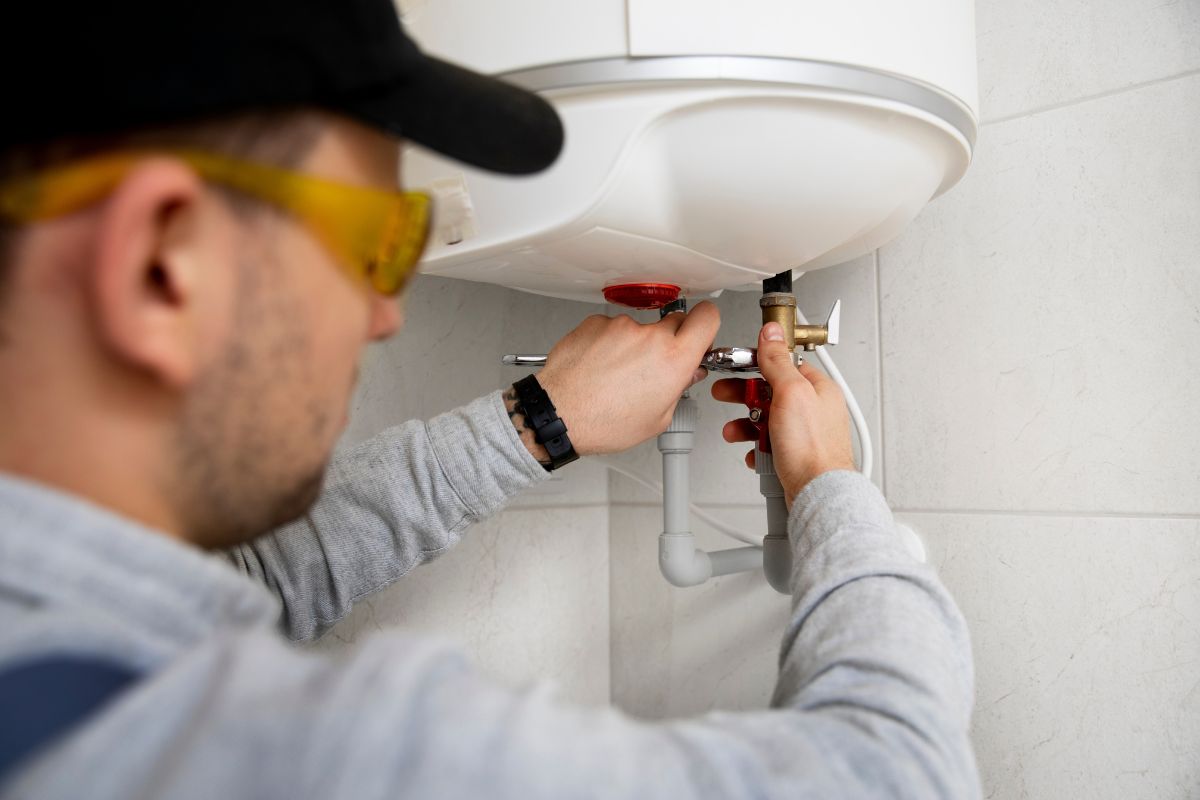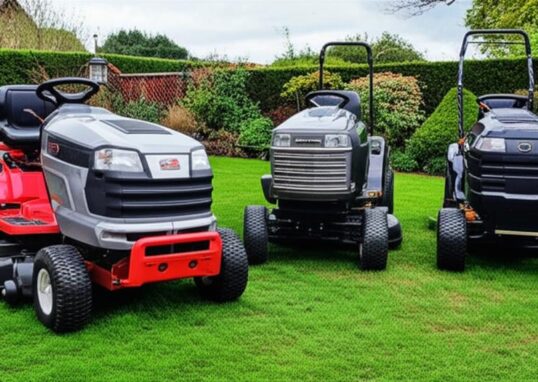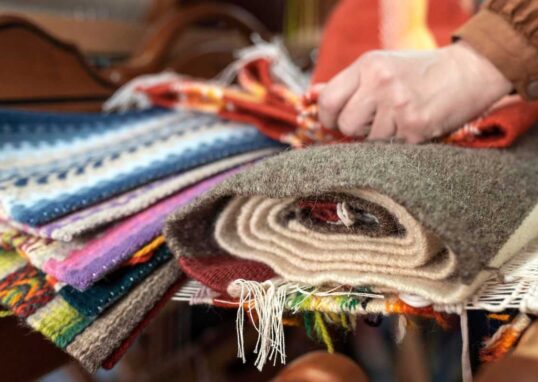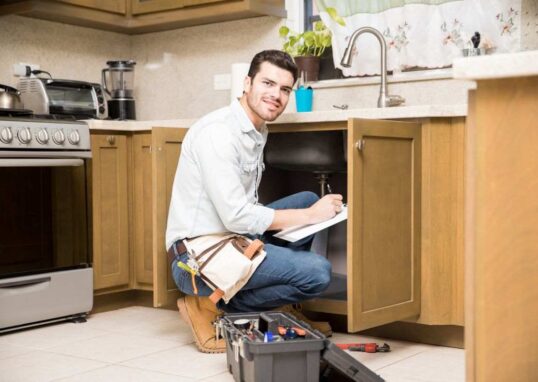
A critical issue that must not be ignored is hot water leaking, as this can cause several problems such as damage, wastage, low pressure, rust, and even some illnesses. If not addressed, leaks may lead to a lot of waste of water and lead to pipe and fixture damage as well as mould and bacterial formation. Furthermore, leakage also results in fire risks because of the short-circuit or electrical failure. Thus, hot water leakage should be prevented and rectified to save property damage, better control the utilization of energy, sustain the quality and pressure of water, preservative pipes and appliances, as well as protection of health and safety. This can only be achieved through proper inspection and maintenance whereby any signs of danger or leakage will be detected at early stages hence reducing the danger of causing any harm or wastage of the hot water system.
Causes of Hot Water Leaks
Water leakage is a very common and annoying problem that may occur with the use of hot water in a home. Here are six common causes of hot water leaks:
1. Loose or Damaged Connections: In the long run, problems related to pipes and fittings occur, such as loosening, which results in leakage. This may be a result of aging, rusting, or poor installation and fixing onto various parts of the pipeline. Some of the ways that can be used to avoid leakages are frequent checks on connections with a view to tightening them further.
2. Corroded or Rusty Pipes: This can force pipes to break out or rust; thus, pipes can develop leaks. It could be as a result of age, raw water quality or water quality, or environmental issues. One of the main ways that leakages can be avoided is by using new pipes in place of those that have eroded and by utilizing materials that are not affected by corrosion.
3. High Water Pressure: High water pressure can exert undue pressure on pipes and joints, which can, therefore, result in leakage. A pressure-reducing valve can also be fitted to solve the issues of water pressure to avoid having leakages.
4. Faulty Thermostatic Mixing Valves: There is also the problem of thermostatic mixing valves that may develop leaks from time to time. These valves help to control the temperature of water, and where they fail, they can compromise the system by causing leakage. Leakage problems can be avoided if a close check on the valves and a change of the worn-out valves is made from time to time.
5. Leaks in the Boiler or Cylinder: Leakages in the boiler or cylinder result in hot water leakage. Let us take an example of water problems, for example, where occasional check-ups can assist in correcting problems in pipes that may have developed and are likely to cause severe damage if not well addressed.
6. Aging or Deteriorated Pipes: They fail at times so that the piping system forms leaks after some time of usage or time has elapsed. The prevention of the leaks requires constant checking of the pipes and replacement of the ones that have aged. For its part, some of the measures that can also be taken to enhance the length of time of pipes include the use of proper and long-lasting material and the correct installation practices.
With awareness of these regular causes of hot leaks, a homeowner can simply avoid them and/or do necessary repair work to contain leaks that result in water losses and damages. Other precautions include proper maintenance of the system as well as periodic check-ups from qualified personnel.
Fixes for hot water leaking
Here are the seven fixes for hot leaking water in detail:
1. Tighten Loose Connections: Check all the joining of the pipes and coupling for any mechanical opening and torque them jointly. You should tighten it with the wrench or pliers but should not over-tighten it as this will harm the plumbing pipes.
2. Replace Worn-Out Washers or Gaskets: Control-style sewers, faucet washers, tap washers, valve washers, and other similar accessories that have washers or gaskets that need replacing if they have worn out. In their place, put new ones and make sure that they are tightly fixed in order that they may not leak.
3. Repair or Replace Corroded Pipes: Look for signs of corrosion and deterioration in pipes, including rust formation, mineral deposits, and cracks. Remove and replace the affected pipes that have signs of rust with a view to preventing further deterioration and leakage.
4. Install a Pressure-Reducing Valve: Too much pressure also leads to the breakout of leaks. Install a pressure-reducing valve so as to control water pressure and eliminate leakage.
5. Replace Faulty Thermostatic Mixing Valves: Self-controlled mixing valve controls the temperatures of water. Check valves and replace faulty valves in order to avoid leakage and control of temperature.
6. Repair or Replace Leaks in the Boiler or Cylinder: Check for leakage on the boiler or the cylinder. Since this area faces water leakage, find time and repair or replace such so as to avoid more damage and foster provision of hot water.
7. Replace Aging or Deteriorated Pipes: Look specifically for the following signs of pipe aging or pipe deterioration: Pipe cracks, rust, or mineral deposits visible in pipes. Fix leaking pipes or change all pipes that are corroded or damaged in some way in order to avoid further leakages and create the right conditions for an efficient hot water system.
Prevention Tips
- Perform a thorough inspection on the pipes and connections. This will help you identify signs of wear or damage at the earliest stage.
- Keep a check on water pressure. You can make the necessary adjustments.
- You must insulate exposed pipes in unheated areas and use materials that are resistant to corrosion.
- You must replace worn-out washers and gaskets as soon as you recognize them.
Final Words
By focusing on leakage repairing and preventing, it will eliminate the need to incur expensive costs in times of emergencies hence helping the environment by not wasting water and having the comfort of knowing that their homes are safe and well maintained. Be careful with hot water taps – do not underestimate these issues of hot leaking water and try to prevent them with various measures to protect your house and your health.






